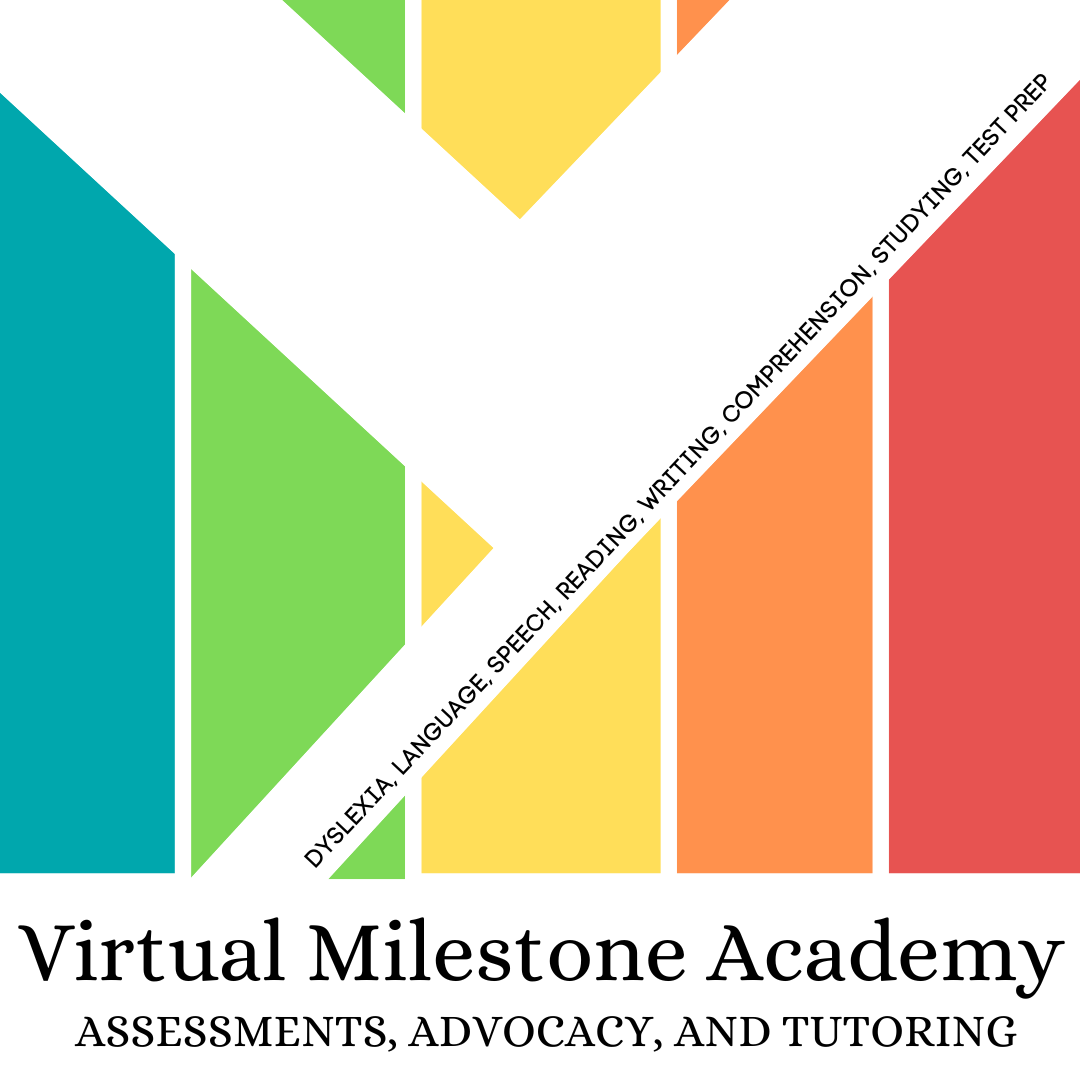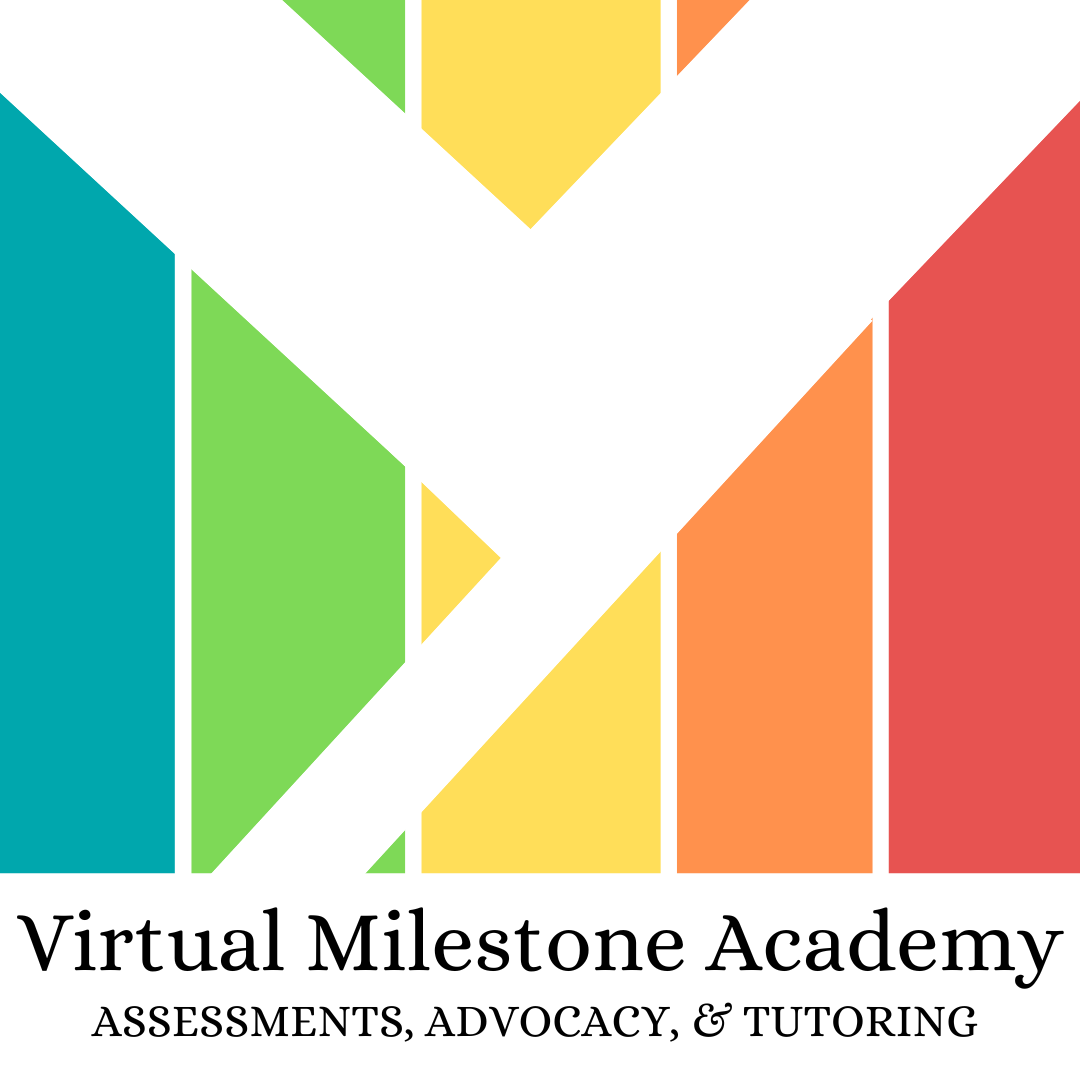Ask VMA:
-
Never. A child’s special attention is your success. A child’s needs are identified, addressed, and supported by all adults who advocate for a child with special needs. Focus on foundation, never faults.
-
Play builds lifetime skills such as problem solving, interaction, resilience, adaptability, and discovery. How a child is playing or what a child is choosing to play with (or not play with) is extremely helpful to observe as advocates seek guidance, education, and actionable resources for a child’s developmental goals.
-
Tummy time is important for babies and even older children and adults to strengthen the back, neck , shoulders, and core muscles. It also works on sensory development, body awareness, and balance. Tummy time is also important for vision and developing hand eye coordination.
-
Structured literacy (SL) is a method of teaching reading and writing . Structured Literacy is a highly explicit and systematic method of teaching where all literacy skills are clearly and completely taught before proceeding to the next skill on a given scope and sequence.
-
Pediatric professionals are required to understand and navigate vast areas and treat children with challenges that often times require expertise in other fields. Pediatric professionals usually specialize in certain areas of their field and participate in teams with other professionals to solve challenges. It is important to note that parents or guardians are assumed to be the lead professional of a child’s team.
-
Knowing the child’s strengths and needs. Concerns are a jumping off point , but without understanding your child’s profile in the area of need, pediatric professionals may struggle to understand your value on achild’s team.



